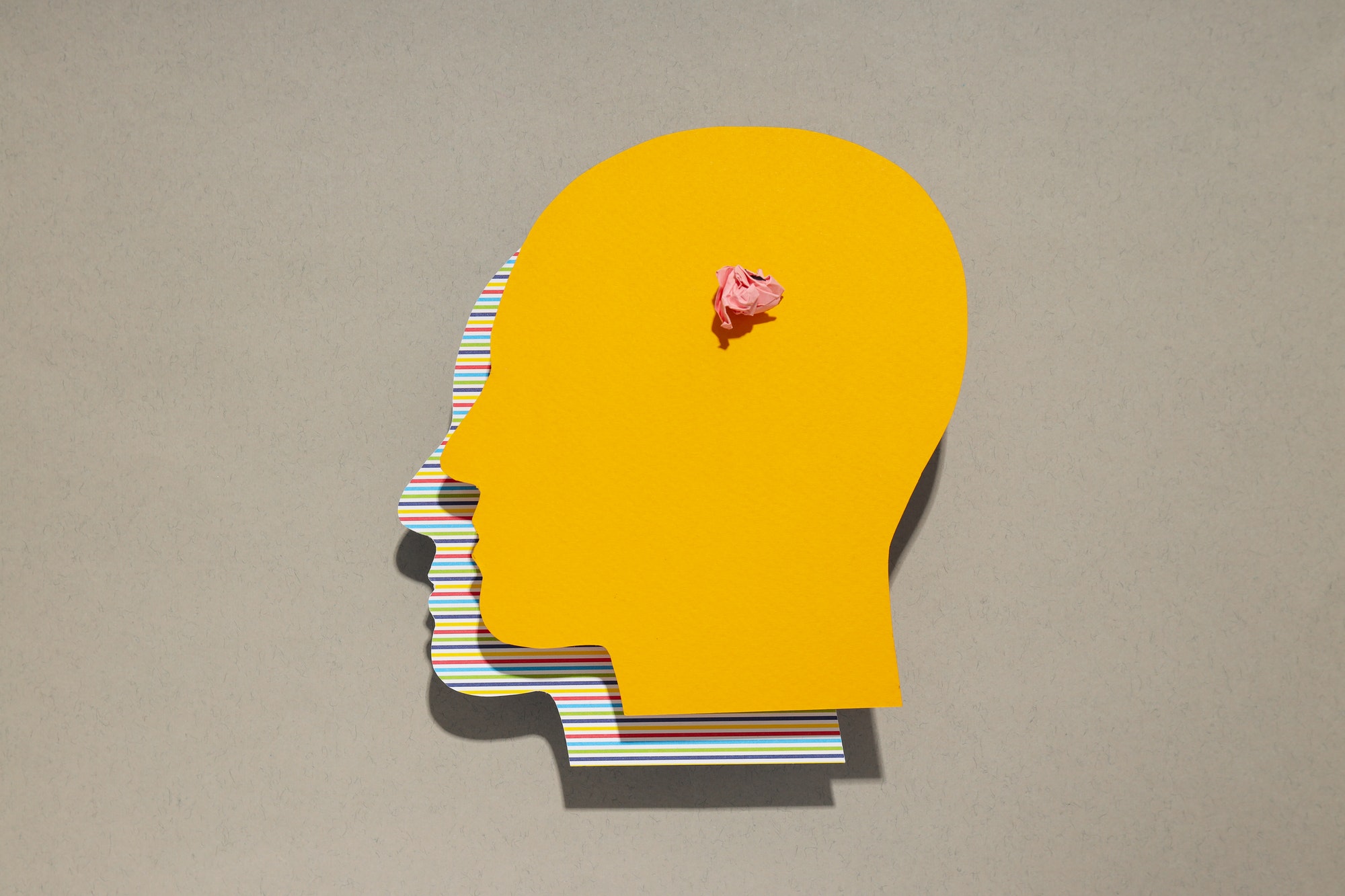Attention Deficit Hyperactivity Disorder (ADHD) and Borderline Personality Disorder (BPD) are two mental health disorders that share some similarities despite their unique features. One key overlap between these conditions is the presence of impulsivity or impulsive behaviour. This blog post will delve into the nature of impulsivity in ADHD and BPD, explore how they manifest similarly, and discuss strategies for managing impulsivity.
Understanding Impulsivity
Impulsivity can be defined as a tendency to act quickly without considering the potential consequences of one’s actions. It often involves making decisions based on immediate desires or cravings rather than long-term goals or rational considerations. Impulsive behaviour may manifest in various forms, such as hasty decision-making, difficulty delaying gratification, acting on urges without thinking ahead, or interrupting others during conversations.
In ADHD and BPD, impulsivity is considered a core feature; however, the origins and expressions of impulsive behaviour may differ between these two disorders.
ADHD: Attention Deficit Hyperactivity Disorder
ADHD is a neurodevelopmental disorder characterized by attention, hyperactivity, and impulsivity difficulties. Though it typically arises during childhood, ADHD can also persist into adulthood. The impulsive behaviours seen in individuals with ADHD are generally attributed to deficits in executive functioning—precisely inhibition control—which refers to the ability to suppress inappropriate thoughts or behaviours.
Impulsivity in ADHD
In the context of ADHD, impulsivity typically manifests through:
- Interrupting others during conversations
- Difficulty waiting for turns
- Acting without considering consequences
- Making rash decisions under pressure
- Struggling with organization and planning
These behaviours can negatively impact interpersonal relationships, academic performance, professional success, and general life satisfaction.
Borderline Personality Disorder (BPD)
BPD is a complex personality disorder characterized by unstable emotions, self-image, and relationships. Individuals with BPD may experience intense bouts of anger, depression, and anxiety that can last hours or days. While the exact causes of BPD remain unclear, it is believed that a combination of genetic, environmental, and brain-related factors contribute to its development.
Impulsivity in BPD
Impulsive behaviour in individuals with BPD often stems from emotional dysregulation and can manifest through:
- Engaging in risky behaviours (e.g., substance abuse, reckless driving)
- Self-harm or suicidal tendencies
- Unstable interpersonal relationships
- Frequent mood swings leading to impulsive reactions
- Impulsive spending or financial instability
Like ADHD, impulsivity in BPD can have severe consequences on various aspects of an individual’s life.
Commonalities Between ADHD and BPD Impulsivity
Despite their distinct origins and manifestations, there are common threads between impulsivity found in ADHD and BPD:
- Interpersonal challenges: Both disorders can lead to strained relationships due to impulsive actions or reactions.
- Emotional dysregulation: Difficulty managing emotions can contribute to impulsive behaviour in both ADHD and BPD. For individuals with ADHD, this may be due to difficulties inhibiting emotional reactions, while for those with BPD, intense emotions can lead to impulsive actions.
- Impaired decision-making: Both conditions involve a tendency to make decisions without fully considering the potential consequences, which can result in negative outcomes across various aspects of life.
- Despite these similarities, it is essential to remember that impulsivity in ADHD and BPD have different origins and manifestations. Thus, interventions and treatments should be tailored specifically to each disorder.
- Strategies for Managing Impulsivity
- While professional help is essential for individuals struggling with ADHD or BPD, there are coping strategies that can complement treatment and help manage impulsivity:
- Mindfulness practices: Mindfulness exercises such as meditation or deep breathing can improve self-awareness and emotional regulation, helping individuals recognize impulsive urges before acting on them.
- Cognitive Behavioral Therapy (CBT): CBT techniques can help individuals develop healthier thought patterns and coping mechanisms, reduce impulsive behaviour, and improve overall functioning.
- Dialectical Behavior Therapy (DBT): Originally developed for treating BPD but also helpful for those with ADHD, DBT combines CBT with mindfulness practices to build emotional regulation skills and reduce impulsive behaviour.
- Behavioural interventions: Developing routines, setting clear goals, breaking tasks into smaller steps, and using visual reminders (e.g., calendars or checklists) can increase structure and organization in daily life—factors that may help alleviate impulsivity.
While ADHD and Borderline Personality Disorder are distinct mental health disorders characterized by their unique features, they share the common thread of impulsivity. Understanding the nature of impulsivity in both disorders allows for better management strategies explicitly tailored to each condition. By addressing impulsivity with professional help, individuals with ADHD or BPD can improve their overall quality of life and achieve better outcomes in interpersonal relationships, academics, and professional settings.














